With the legalisation of CBD strains of cannabis in the UK and the legalisation of both CBD and THC strains in some other countries for recreational use, societal perceptions around the substance are changing.
There are 1.4 million people who use illegal street cannabis in Britain.[1] This is the sort that has THC in it and results in making people feel “high” when they smoke or eat it.
For those who use THC strains of cannabis regularly, problematic use and addiction can occur. Symptoms of withdrawal are therefore an issue. THC is, of course, a psychoactive substance that has particular effects on the brain and body.
In this artile we will discuss cannabis withdrawal symptoms, the timeline of which and also the treatment and help you can get.
What Causes Withdrawal Symptoms?
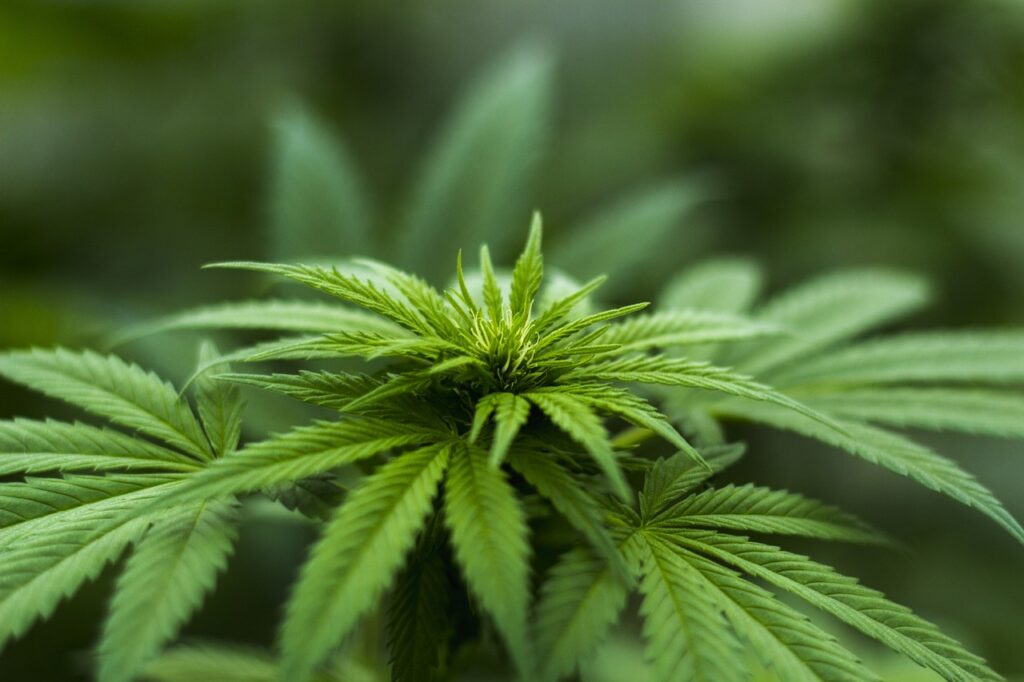
Regular use of any psychoactive substance can lead to a substance use disorder. This is where a person builds up a tolerance resulting in them using the substance more often and taking more of it.
When this happens the brain and body become reliant on the substance to feel a particular way (i.e. relaxed to start with but as time passes to feel “normal”).
If a person who uses a substance regularly stops they experience psychological and physical symptoms. This is because the brain and body are reacting to the stop in supply.
People often associate challenging withdrawal with class-A drugs, such as heroin. It should be pointed out that alcohol also causes some of the most severe withdrawal symptoms that exist.
Cannabis also causes a withdrawal period and for those who use it a lot or who use it as a form of self-medication, it can be very difficult to approach and get through. Cannabis withdrawal symptoms are spoken about in more detail further below.
What Type of Addiction does Cannabis Create?
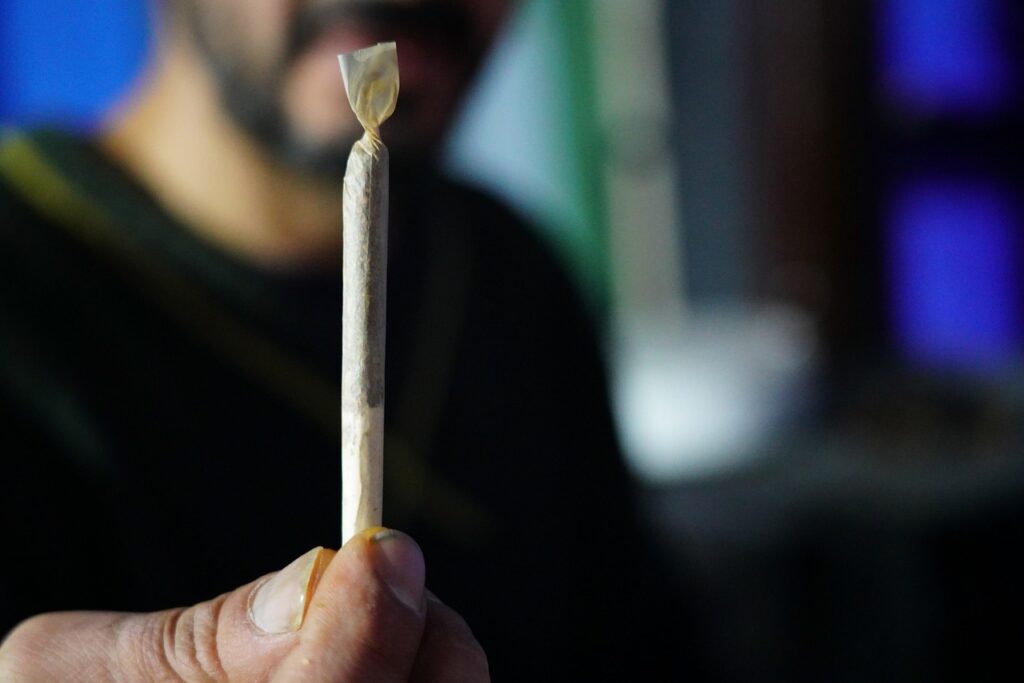
Cannabis use disorders tend to be linked to the psychological aspects of addiction.
It causes feelings of euphoria and relaxation. The withdrawal is mainly felt through psychological symptoms too. However, research shows cannabis withdrawal symptoms also includes physical symptoms.[2] Therefore, some people refer to cannabis dependence.
In the addiction field in the UK, however, cannabis addiction is usually seen as a psychological addiction.
When the brain starts to rely on THC, the psychoactive chemical that affects brain functioning, it creates a new “normal” state. When a person stops smoking, withdrawal kicks in but the person is still able to function. Their body will not shut down. This is what makes the addiction psychological rather than a dependency.
A dependency is formed, for instance, by alcohol and is seen in the user who goes into a seizure if they stop drinking. Their body has come to physically rely on alcohol to keep functioning.
What are the Withdrawal Symptoms of Cannabis?
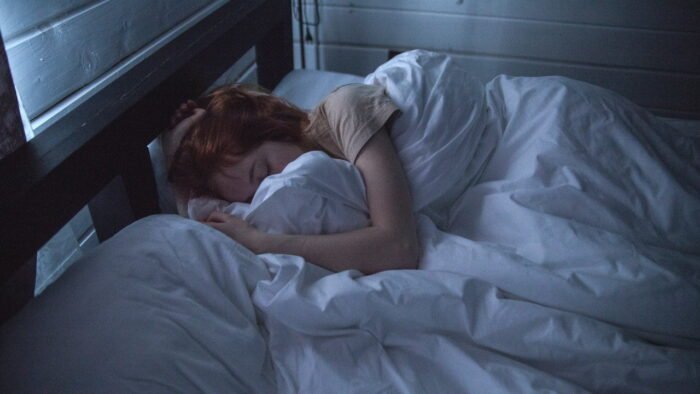
In relation to cannabis, the most common symptoms include the following:
- Appetite loss and weight loss (many develop a healthy weight after maintaining abstinence and healthy lifestyle choices)
- Mood swings – irritability, anger, and aggression
- Sleep disturbance, including insomnia and nightmares
- Fluctuations in energy
The more severe symptoms include:
- Headaches
- Chills
- Sweating
- Nausea
- Stomach pain
The Cannabis Withdrawal Timeline
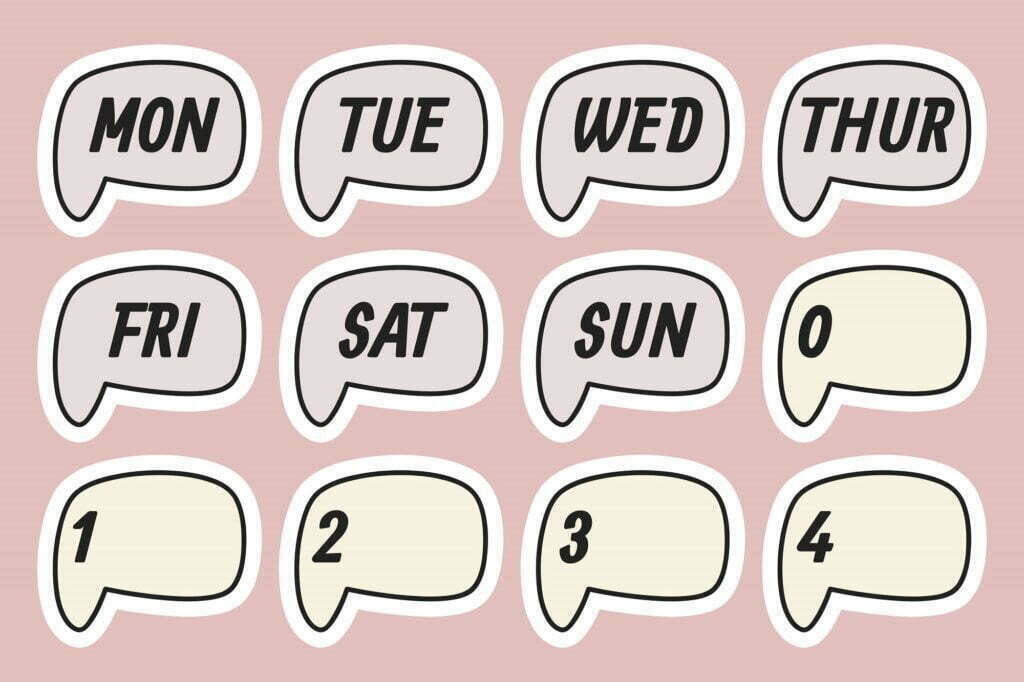
The length of time it takes for cannabis withdrawal symptoms to kick in and for symptoms to pass differs for each substance. It can take days and weeks for some symptoms to fully pass. In the case of substances that cause physical dependencies, it can take years (this is seen when people are dependent on benzodiazepines).
The symptoms of cannabis withdrawal are more pronounced for heavy cannabis users. Using it for a long period can also make it more of a challenge.
In terms of the cannabis timeline, withdrawal starts within 3 days. It can feel strong and is characterised by sweating, restlessness, and craving.
Through days 7-10 days, depressive symptoms are more likely to occur.
Finally during days 10-20, symptoms start to ease off.
The more days of abstinence, the easier it obvious to resist cravings. Withdrawal also stops.
It’s important to note that the nightmares can last around a month. For many people, cannabis will have been excreted from the body in this time too, though traces can be found up to three months later in some cases.
Tips on Managing Cannabis Withdrawal
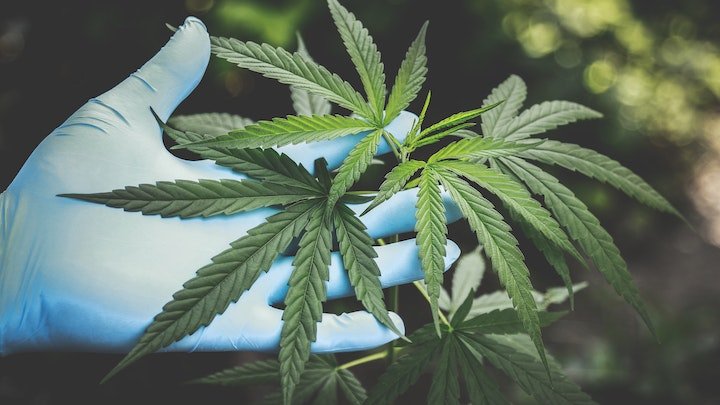
It’s useful to discuss quitting with a professional if it’s something you’re likely to struggle with. It depends on how much cannabis affects your life.
For those who don’t use cannabis much, stopping without professional input could be a possibility. Some people go “cold turkey” whereas others prefer a “tapering off” approach. Each method entails slightly different cannabis withdrawal symptoms, and will also change in intensity of these symptoms.
For many people, however, especially those who smoke cannabis every day it can be very difficult to stop. Below, rehab options are discussed, but first, here are suggestions on how to cope at home.
As well as managing withdrawal there are physical health risks that are associated with smoking that need to be considered. Cannabis-related problems can also arise as mentioned below.
1. Sleep
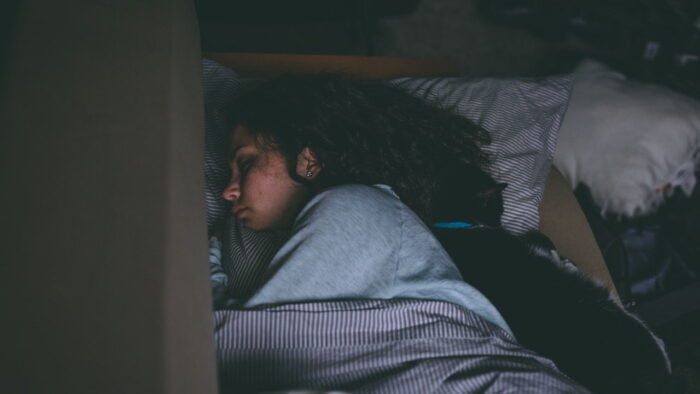
Many people start using cannabis to help them sleep. It can therefore cause people to worry about quitting as they think about how to manage sleep going forward.
Sleep difficulty can be managed more effectively by developing a routine. This means setting a time to get up and go to bed. It’s advisable to have a “bedtime routine” that leads you up to the point of going to bed where the focus is to unwind.
You might have a bath, read, and do other relaxing things such as listening to guided sleep meditations. It’s beneficial to rule out screen time (i.e. mobile phones) so brain activity calms.
It’s important to remember that for around a month, sleep quality will be affected. If you have ongoing issues, you can try various holistic approaches to help (i.e. meditation, breathing techniques, visualisation, and grounding techniques), and also contact your local GP for sleep advice.
Anxiety and that Feeling of Restlessness

To manage feelings of anxiety and restlessness which are common when quitting cannabis, you’ll want to activate the parasympathetic nervous system. This is the system that causes you to relax and rest.
There are various ways you can do this:
- Practising grounding techniques
- Singing and playing/listening to music
- Doing an artistic activity
- Exercise, like yoga or walking in nature
- Journaling about your feelings
- Meditation and visualisation
Diet

When withdrawing and beginning life without cannabis the brain and body need to be looked after. This helps you to replenish and get back to a balanced and healthy functioning. It’s important to drink lots of water and eat a balanced diet.
Getting all the essential vitamins and nutrients will help you recover more quickly.
It’s also imperative to avoid processed foods, sugar, caffeine, and alcohol as they can cause you to feel sluggish and cause highs and lows which can make you feel worse and crave more. This will also help to cope with and lesson the cannabis withdrawal symptoms you may be facing.
Sweating and Chills
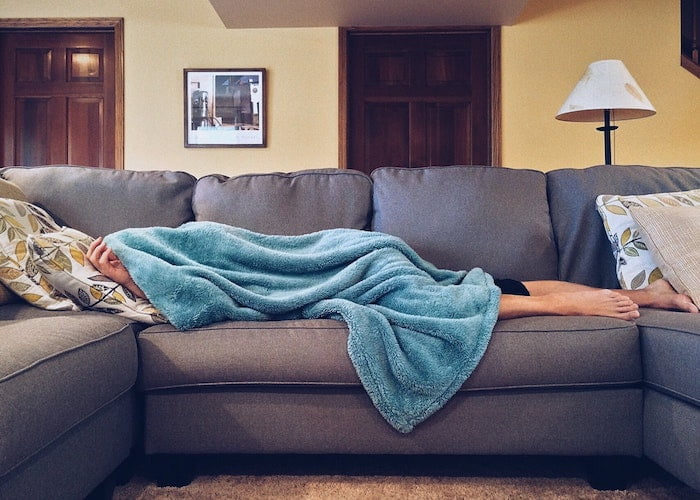
If you experience any cold-like symptoms, treat them as you would a cold. Wrap up in a blanket and take the necessary painkillers such as over-the-counter paracetamol or ibuprofen.
Drink lots of water and be kind to yourself. Your body is processing the changes so it’s helpful to accept this and honour the space you’re in.
New Healthy Activities

When you’re reducing or quitting cannabis, it’s useful to think about why started using it in the first place.
If it was related to sleep, then make it a priority to set a bedtime routine and practise relaxing activities that promote sleep.
If you started using cannabis in relation to anxiety or wanting to relax, then find new, healthy ways of learning to calm yourself. Try taking up a new activity that you enjoy, that relaxes you, and also makes you feel sleepy (i.e. swimming).
If cannabis use was started because your peers used it, then it’s likely you’ll need to rethink your peer groups and where you spend time.
Rehabilitation Support to Quit Cannabis

It’s useful to know what your treatment options are if you have a severe addiction to cannabis, or if you have a mental health illness alongside the addiction. This is called a dual diagnosis. If this is the case, you’ll likely need professional support to quit. You may also face different cannabis withdrawal symptoms if you suffer from a mental illness as well.
There are both inpatient and outpatient options throughout the UK. Inpatient services, also known as rehab clinics, offer a more intensive approach. At these, you will have a residential stay for up to a month (or sometimes longer), to quit cannabis and develop skills to manage abstinence in the future.
Rehab clinics offer great support regarding the health risks of cannabis use, especially in mental health and also how smoking affects marijuana users in the physical sense.
Cannabis Detox at Rehab

When you enter a private rehab clinic in the UK for cannabis treatment, you’ll begin with the detox period. This is where the THC toxins are flushed from the body during the withdrawal period. This lasts for around three days.
Staff will ensure that you’re supported through a balanced diet, hydration, and gentle activities so that you remain focused and the process is as smooth as possible.
The Psychological and Group Therapies at Rehab
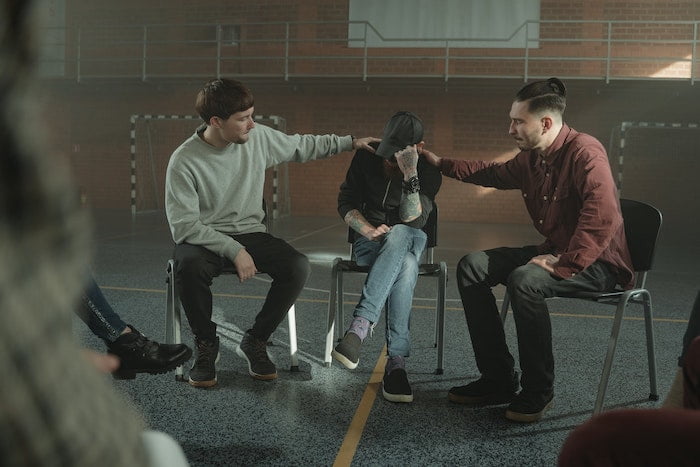
At rehab, residents follow treatment plans that are tailored to their individual needs. This is especially helpful and necessary where polysubstance use is concerned or where there’s a dual diagnosis of addiction and a mental health condition.
Your programme will include a variety of psychological and alternative therapies as well as group work. These offer a well-rounded approach to tackling addiction, developing skills, and thinking about the future.
Therapies and activities include:
- Dialectical Behavioural Therapy
- Cognitive Behavioural Therapy
- Counselling
- 12 Step Group Sessions
- Art and Music Therapies
- Equine Therapy
- Yoga, Reiki, Meditation, and Mindfulness
Final Thoughts…

Cannabis isn’t often viewed as one of the most addictive substances, but this is a common misconception.
Millions of people use it throughout the world and due to THC strains being psychoactive, addiction is a real concern. For some, it can be incredibly difficult to overcome.
Cannabis addiction causes a psychological addiction. The withdrawal symptoms tend to be psychological but where heavy use is concerned can also be physical.
People who have severe addictions are advised to seek professional support to come off cannabis. This is because of the cannabis withdrawal symptoms you may have to deal with.
The most effective way of quitting is through a residential stay at a rehab clinic. To find out where your nearest clinic is, call OK Rehab now.
FAQs
1. How do you know if your cannabis use is a problem?
The signs cannabis use has become a problem include experiencing cravings, building up tolerance, being unable to stop, and becoming socially isolated. “Ticking” and stealing money to fund smoking as well as lying about how often you use also shows there’s a problem.
2. What are the withdrawal symptoms when taking a break/quitting cannabis?
The most common cannabis withdrawal symptoms include irritability, mood swings, aggression, nightmares, fluctuations in appetite, sweating, chills, and sleep disruption.
3. Is cannabis physically addictive?
Cannabis causes psychological addiction. If you go “cold turkey”, it can be uncomfortable but the body can still physically function. There may, though, be physical symptoms of withdrawal such as sweating.
4. What is a cannabis detox?
A cannabis detox is where you stay at a rehab clinic and are supported to withdraw. The THC is flushed from the body. You’re provided with a healthy and balanced nutrition plan to support the detox and your recovery.





